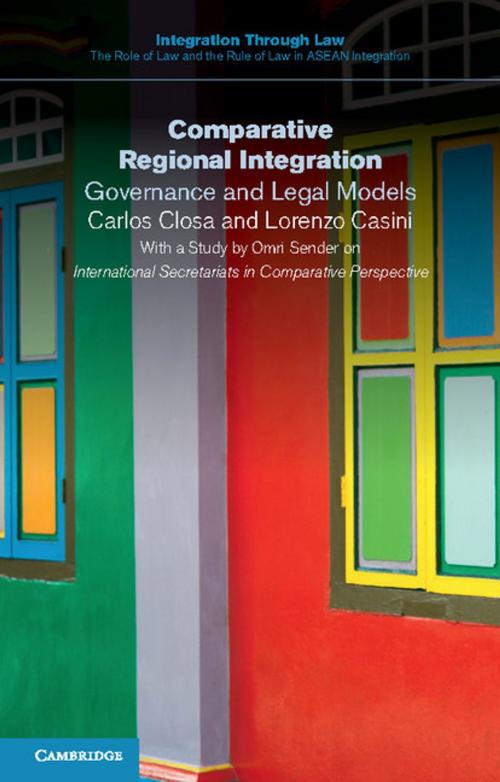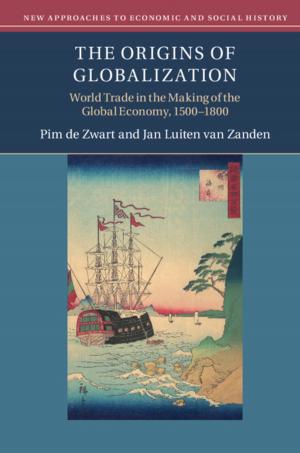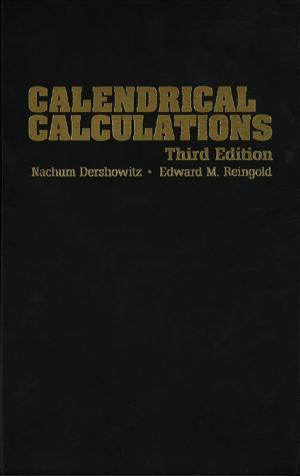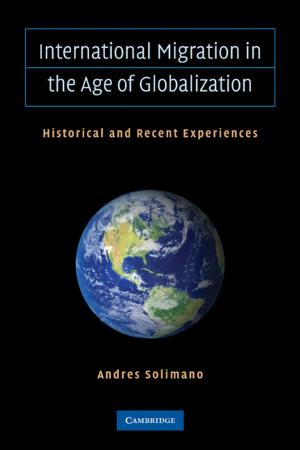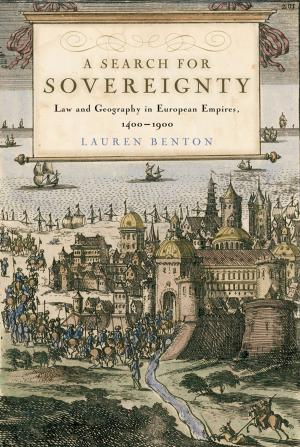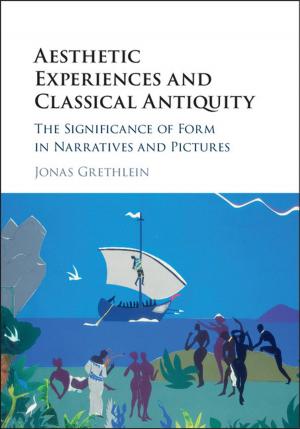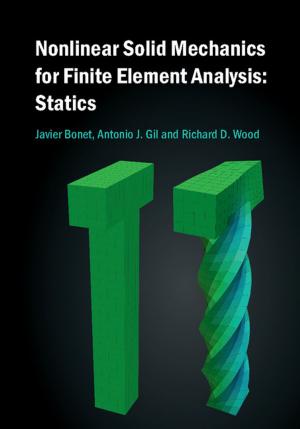Comparative Regional Integration
Governance and Legal Models
Nonfiction, Reference & Language, Law, International| Author: | Carlos Closa, Lorenzo Casini | ISBN: | 9781316537909 |
| Publisher: | Cambridge University Press | Publication: | September 8, 2016 |
| Imprint: | Cambridge University Press | Language: | English |
| Author: | Carlos Closa, Lorenzo Casini |
| ISBN: | 9781316537909 |
| Publisher: | Cambridge University Press |
| Publication: | September 8, 2016 |
| Imprint: | Cambridge University Press |
| Language: | English |
Comparative Regional Integration: Governance and Legal Models is a groundbreaking comparative study on regional or supranational integration through international and regional organizations. It provides the first comprehensive and empirically based analysis of governance systems by drawing on an original sample of 87 regional and international organizations. The authors explain how and why different organizations select specific governance processes and institutional choices, and outline which legal instruments - regulatory, organizational or procedural - are adopted to achieve integration. They reveal how different objectives influence institutional design and the integration model, for example a free trade area could insist on supremacy and refrain from adopting instruments for indirect rule, while a political union would rather engage with all available techniques. This ambitious work merges different backgrounds and disciplines to provide researchers and practitioners with a unique toolbox of institutional processes and legal mechanisms, and a classification of different models of regional and international integration.
Comparative Regional Integration: Governance and Legal Models is a groundbreaking comparative study on regional or supranational integration through international and regional organizations. It provides the first comprehensive and empirically based analysis of governance systems by drawing on an original sample of 87 regional and international organizations. The authors explain how and why different organizations select specific governance processes and institutional choices, and outline which legal instruments - regulatory, organizational or procedural - are adopted to achieve integration. They reveal how different objectives influence institutional design and the integration model, for example a free trade area could insist on supremacy and refrain from adopting instruments for indirect rule, while a political union would rather engage with all available techniques. This ambitious work merges different backgrounds and disciplines to provide researchers and practitioners with a unique toolbox of institutional processes and legal mechanisms, and a classification of different models of regional and international integration.
